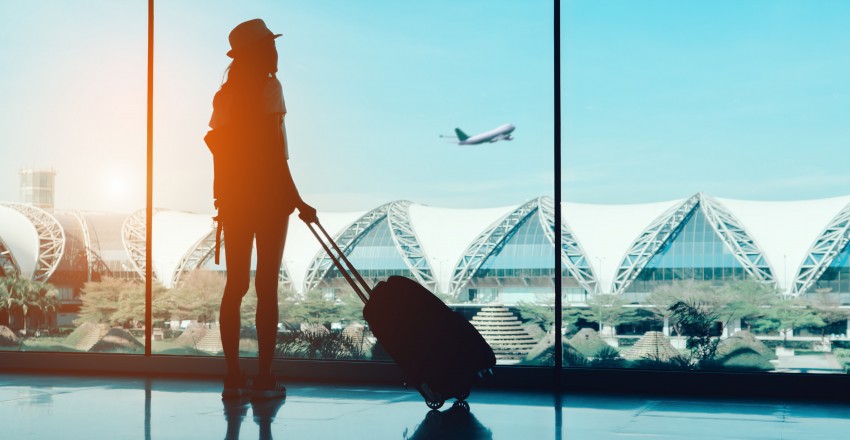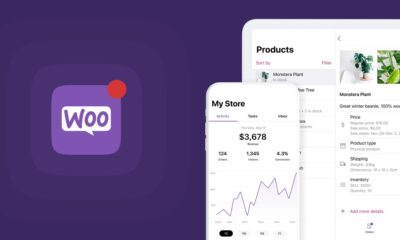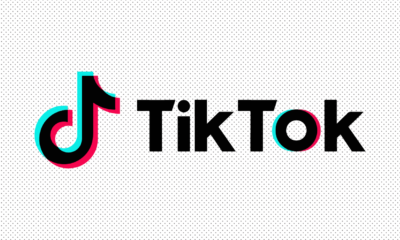Technology
How Tech is Changing the Travel Landscape


Over the past two years alone, 90% of the data that exists in the world was created. An exponential growth in internet usage and tech developments are partly responsible for this mind-blowing figure.
These advancements in how we connect with the world, and how we find and share data about others and ourselves, are no doubt exciting, but what does it mean for the travel industry? How is tech changing the travel landscape, and how can travel companies capitalize on these changes to connect with customers and drive business?
Mobile Technology
79% of people completed a travel booking after doing research on their smartphone in 2016, according to Google. From flights and hotels through to transport, trips and activities during a getaway, mobile phones are now an intrinsic part of a traveler’s researching, booking and travelling journey.
Travel companies need to tailor their communications and experiences to meet this demand for mobile technology. 90% of travel brands said that having a mobile strategy is ‘critical’ or ‘very important’ to the future success of their organisation.
Optimizing your content and your website for mobile so that you can deliver seamless mobile experiences at each one of your customers’ touch points, has never been so important. Working with a travel SEO agency is a must, in order to gain a competitive advantage and win customer trust and bookings.
KLM Royal Dutch Airlines offers an amazing example of a travel brand embracing mobile technology – customers can opt-in to receive booking confirmations, check-in notifications, boarding pass and flight status updates via Messenger. Using artificial intelligence and chat-bots in this way saves resources, delivers quicker customer experiences and helps brands connect with their customers in ways they want to be connected with.
New Realities
Virtual and augmented reality are changing how we see and experience the world. Hotels and resorts have started using VR and AR to enhance their guests’ experiences. The Hub Hotels by Premier Inn include maps that guests can point their smartphones at to reveal information about local places of interest. Thomas Cook has introduced ‘try before you fly’ VR technology in its West-field store in London, to help convince people to part with their money and close sales.
The Internet of Things
Connectivity between the virtual world and the physical world is on the rise, thanks to the Internet of Things. This means exciting things for the travel industry, which will see developments everywhere from checking in and travelling through to hotel room features and customer experience.
The IATA has adopted Internet of Things technology to help customers track their luggage in real time, reducing lost luggage and the costs and time associated. Hilton Hotels is experimenting with Bluetooth door locks and digital keys, streamlining the check-in process and vastly improving the guest experience.
The pace at which technology is developing and changing is unprecedented. Travelers have come to expect more and more from the travel industry, from digital experiences at the booking stage through to the getaway itself. Preparing yourself as a travel business is key to sustainable growth and competitive advantage in these exciting, digital times. Learn from how other travel brands are adapting, but also reach out to your customers, learn about their challenges and needs, and shape your technology strategy around their experience.





 Technology2 months ago
Technology2 months agoWhy Adding Videos to WooCommerce Product Galleries is Essential in 2025



 General2 months ago
General2 months agoWhat Is Smart Construction? A Beginner’s Guide



 Technology1 month ago
Technology1 month agoHow to Send WooCommerce SMS Notifications for Orders



 Technology1 month ago
Technology1 month ago7 Essential TikTok Metrics to Track for Higher TikTok Views in 2025

 Model3 weeks ago
Model3 weeks agoTiffany Stratton: Biography, Wiki, Age, WWE Career, Net Worth, Before Fame, Boyfriend





 Technology4 weeks ago
Technology4 weeks agoTop 5 Tips for Using File Uploads in Your WooCommerce Store Efficiently

 Technology3 weeks ago
Technology3 weeks agoWhy Airlines Are Using Virtual Reality Services for Pilot Training



 General4 weeks ago
General4 weeks agoThe Hidden Costs of a DUI & How a Lawyer Can Help You Avoid Them




You must be logged in to post a comment Login